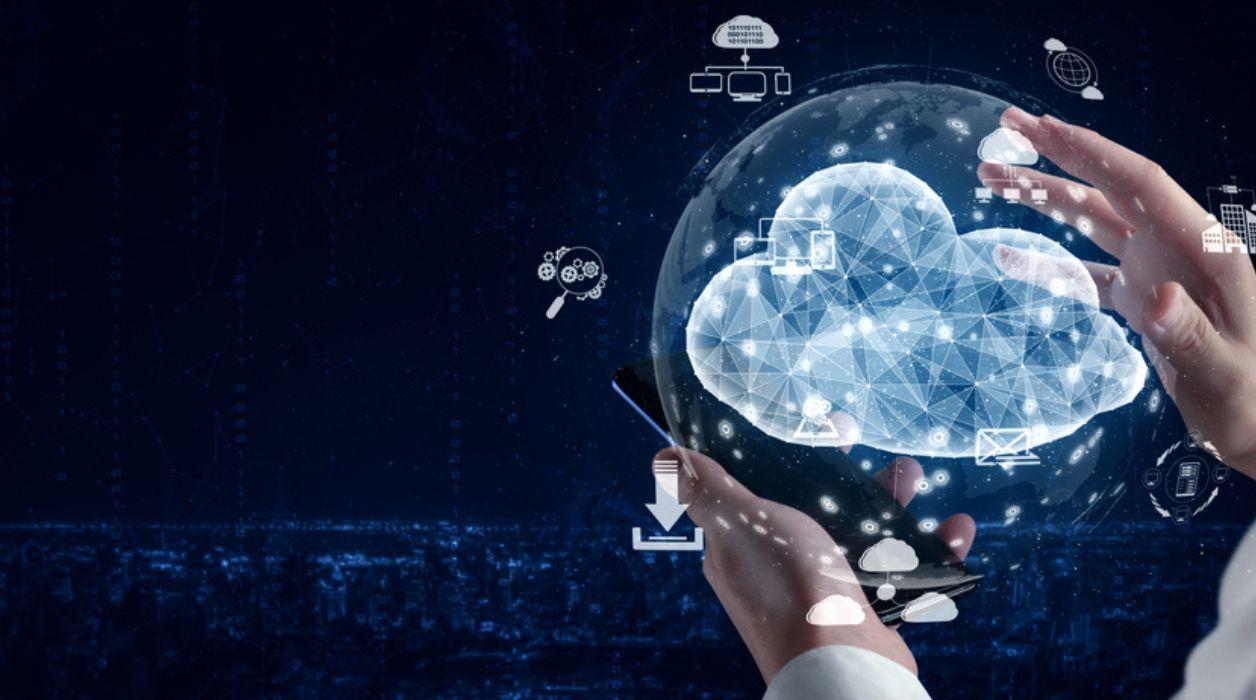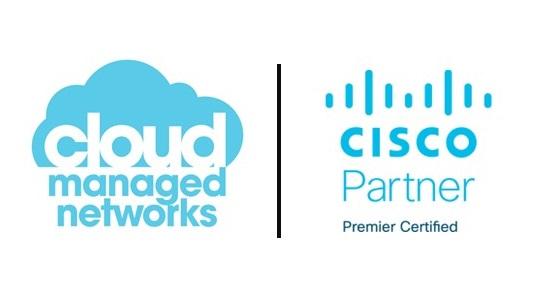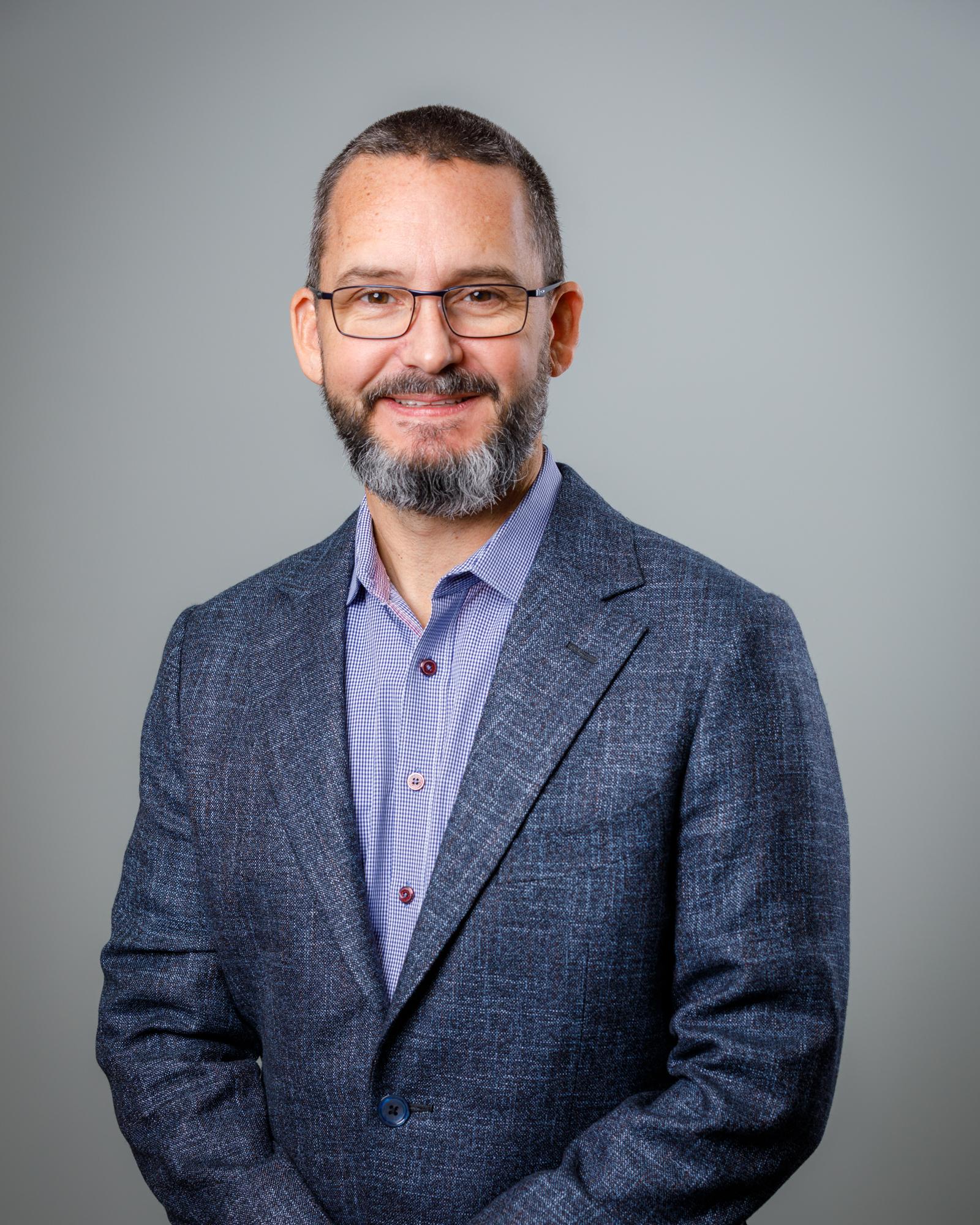Q&A with Dave Frankland of Cloud Managed Networks, a Premium Cisco Partner

John E. Kaye
- Published
- Home, Technology, Uncategorized


A Q&A interview with Dave Frankland, the managing partner at Cloud Managed Networks, a Premium Cisco Partner
The European – Could you please tell us a little about Cloud Managed Networks in terms of what the company does, and sectors in which you operate?
David Franklands – We are a full-stack services provider, so we have to stay current with the ever-evolving IT landscape. As such, we constantly do our due diligence to ensure we are always on top of new technology trends and developments. We are often early to adopt solutions, after we have determined they will truly will benefit businesses long term, and are worth a client’s investment. This is why we were the first in Canada to adopt Meraki (wireless network hardware and software) – long before it was purchased by Cisco – and, for a decade or so, were the number one sellers of Meraki in Canada.
We were also – once again – among the first to start moving away from hardware to software cloud-based solutions. Not only does this give our clients greater flexibility, along with improved cost and operational efficiencies, it can help alleviate some supply chain issues.
Although we are early to adopt new technologies, we are not too quick to do so. We look at the benefits, the capabilities and robustness of any new solution, and weigh that against other options in the marketplace.
We have the expertise to make such assessments because of the business and technological expertise on staff, expertise born out of +25 years’ experience in the field. It’s also the reason why clients come to us for advice in terms of what is needed for them to lay the best IT foundation to support their overall business goals and growth objectives.
We work closely with clients to ensure their networks are robust and functioning optimally from cloud to edge to network and endpoints, 24/7. As cybersecurity experts, it’s paramount to us that our clients’ systems are also fully-protected, no matter what their configuration, nor how diverse the network.
For years, many of our clients have been from the MUSH sector (Municipalities, Universities, Schools and Health care). We have clients in all facets of this segment. In particular, we have a deep commitment to K-12. Indeed, we work with about one-third of the Ontario school boards, as well as others; we also have an educator on staff, and a teacher panel that provides input and insight as needed.
The work we do with municipalities extends beyond government operations into libraries, police departments, long-term care and retirement facilities, etc. This also includes logistics firms that serve all of the above.
In terms of our commercial and industrial focus, our focus is on manufacturing, especially of aviation and farming equipment, which are major segments in the Canadian marketplace.
Lastly, and unexpectedly for some, we also have a very strong retail arm. In addition to providing the standard solutions you’d expect from companies such as ours, we provide headless and e-commerce solutions for several blue-chip clients, including a very well-known multinational, retailer, where we are fully integrated into its business. We also have novel ways of incorporating IoT, sensors and other technologies into retail operations to improve the customer experience, and add to clients’ bottom lines.
TE – You have been called “cloud and migration experts” – what does this actually mean? What do you do?
DF – This means that, in tandem with our clients, we assess their current technology posture, and evaluate their current architecture against their long-term goals. We also consider the type of work the organisation does, the degree to which hybrid-working is in place, how dispersed are their stakeholders, and how distributed their network is overall. We then determine what works well, what’s smart and what should/could move to a cloud-based strategy.
All of this is needed to help determine the best solution and route, including migration path, to get there, and planning the deployment. This is very much a collaborative effort, to ensure the client’s needs are fully met.
TE – You have a wide range of clients from many sectors, some of whom have been with you for many, many years. This is less common to many people imagine. Why do you think clients remain loyal to Cloud Managed Networks?
DF – From what our clients tell us there are three primary reasons:
- Clients tell us they know we actually care. I believe that’s because we focus on the relationship, not the sale.
- We make it a priority to learn our clients’ business needs and long-term goals, and then work with them to help ensure they have the right technology in place to support their growth objectives. As mentioned, we consider the long-term when making these recommendations, to ensure they have a solid foundation on which to grow – and don’t need to replace core elements unnecessarily down the road.
- We always work with what clients already have in place, and choose the right piece of equipment, software or cloud-based solution to solve the problem at hand. We don’t believe in ripping things out for the sake of it, and will work with multiple manufacturers, as necessary, to ensure clients have a good solution that is also cost-effective. If clients don’t need something, we’ll tell them – just as we let them know if there is a less expensive option that will solve the problem equally well.
TE – How do you help your sales team deal with supply chain problems when clients are clamouring for product?
DF – There are several ways, but the top five:
- Letting them know we have their back and actually working alongside them when necessary – and not letting supply-chain problems impact their performance reviews.
- We are always fully transparent with our entire team and let them know the moment we learn of delays, so they can be equally transparent with their clients. This is a requirement, part of our Standard Operating Processes. Clients appreciate the honesty about due dates – even when not pleased with the news.
- Working to find ways to shorten the delay with our manufacturers, while simultaneously working with clients to see if a phased-in approach is possible, sometimes repurposing existing equipment to make that work.
- Always thinking: “How else could this problem be solved?”
- Helping clients with financing if a manufacturer requires payment up front for a larger order that might be delivered over a few months – and helping clients turn CapEx into OpEx in the process.
TE – What is needed to lead a team that consists of people from diverse backgrounds?
DF – We are blessed to have people from many different cultural backgrounds as well as having a diverse set of skills sets.
When hiring, we consider whether or not people have the right skill sets, but also whether not they will be a good fit for the team.
Part of leading the team all goes back to a solid on boarding process and good internal training processes. We encourage people to work autonomously as early in the process as possible, but ensure they know they can come to any of us for help, at any time.
I find it also helps to delegate as appropriate without micromanaging, yet have regular check-in points to help ensure employees are on the right track and to help people assess and re-assess priorities as needed, against the rest of the company’s activities.
To help them work together, we find ways to come together as a company once a week, and embrace one another’s cultural differences, and celebrate the locations that are important to our employees.
TE – What are some of the biggest tech challenges being faced by clients today?
DF – It’s not the adoption of new technologies, or how to adapt to the latest cellular network (e.g. 6G) or Wi-Fi version, it’s about how technology is being used against people.
This falls into three main categories: safety, security and identity.
Cybercriminals are becoming increasingly creative, and have many new tools to help them, including black-market brokers, voice cloning and ChatGPT. This means the cyberattack vectors are becoming increasingly sophisticated.
For this reason, being able to train and condition stakeholders to thoroughly check the identity of anyone, before clicking on email content or responding to quick turn-around requests, becomes increasingly important. Cybercriminals, and the applications they use, have become very good at social engineering and have taken Spear-Phishing to a whole new level. So, were seeing networks being taken down by criminals who have been able to log in, rather than breaking… and that can affect every aspect of a company’s operation.
TE – Which of the emergent technologies do you feel will be adopted by the average enterprise-level firms in the near future, and why?
DF – Although there’s a lot in terms of emerging technologies, I think it makes sense for all enterprise-level firms to focus on protecting themselves, as priority number one. As such, the following will likely be the biggest areas of investment for 2023:
- Zero Trust
- Multi-Factor Authentication (MFA)
- Social Engineering Training
TE – Any last words of advice to people leading firms such as yours?
DF – Two thoughts:
1. As mentioned earlier, hire well and then trust the people you hire to do their jobs… but have regular check-in points to ensure the whole team is working well together, and going in the same direction.
2. No matter what you put in place, it can be beaten by the weakest link in your organisation.
ABOUT THE AUTHOR

Dave Frankland is the managing partner at Cloud Managed Networks, a Premium Cisco Partner.
RECENT ARTICLES
-
 Europe opens NanoIC pilot line to design the computer chips of the 2030s
Europe opens NanoIC pilot line to design the computer chips of the 2030s -
 Building the materials of tomorrow one atom at a time: fiction or reality?
Building the materials of tomorrow one atom at a time: fiction or reality? -
 Universe ‘should be thicker than this’, say scientists after biggest sky survey ever
Universe ‘should be thicker than this’, say scientists after biggest sky survey ever -
 Lasers finally unlock mystery of Charles Darwin’s specimen jars
Lasers finally unlock mystery of Charles Darwin’s specimen jars -
 Women, science and the price of integrity
Women, science and the price of integrity -
 Meet the AI-powered robot that can sort, load and run your laundry on its own
Meet the AI-powered robot that can sort, load and run your laundry on its own -
 UK organisations still falling short on GDPR compliance, benchmark report finds
UK organisations still falling short on GDPR compliance, benchmark report finds -
 A practical playbook for securing mission-critical information
A practical playbook for securing mission-critical information -
 Cracking open the black box: why AI-powered cybersecurity still needs human eyes
Cracking open the black box: why AI-powered cybersecurity still needs human eyes -
 Tech addiction: the hidden cybersecurity threat
Tech addiction: the hidden cybersecurity threat -
 Parliament invites cyber experts to give evidence on new UK cyber security bill
Parliament invites cyber experts to give evidence on new UK cyber security bill -
 ISF warns geopolitics will be the defining cybersecurity risk of 2026
ISF warns geopolitics will be the defining cybersecurity risk of 2026 -
 AI boom triggers new wave of data-centre investment across Europe
AI boom triggers new wave of data-centre investment across Europe -
 Make boards legally liable for cyber attacks, security chief warns
Make boards legally liable for cyber attacks, security chief warns -
 AI innovation linked to a shrinking share of income for European workers
AI innovation linked to a shrinking share of income for European workers -
 Europe emphasises AI governance as North America moves faster towards autonomy, Digitate research shows
Europe emphasises AI governance as North America moves faster towards autonomy, Digitate research shows -
 Surgeons just changed medicine forever using hotel internet connection
Surgeons just changed medicine forever using hotel internet connection -
 Curium’s expansion into transformative therapy offers fresh hope against cancer
Curium’s expansion into transformative therapy offers fresh hope against cancer -
 What to consider before going all in on AI-driven email security
What to consider before going all in on AI-driven email security -
 GrayMatter Robotics opens 100,000-sq-ft AI robotics innovation centre in California
GrayMatter Robotics opens 100,000-sq-ft AI robotics innovation centre in California -
 The silent deal-killer: why cyber due diligence is non-negotiable in M&As
The silent deal-killer: why cyber due diligence is non-negotiable in M&As -
 South African students develop tech concept to tackle hunger using AI and blockchain
South African students develop tech concept to tackle hunger using AI and blockchain -
 Automation breakthrough reduces ambulance delays and saves NHS £800,000 a year
Automation breakthrough reduces ambulance delays and saves NHS £800,000 a year -
 ISF warns of a ‘corporate model’ of cybercrime as criminals outpace business defences
ISF warns of a ‘corporate model’ of cybercrime as criminals outpace business defences -
 New AI breakthrough promises to end ‘drift’ that costs the world trillions
New AI breakthrough promises to end ‘drift’ that costs the world trillions



























